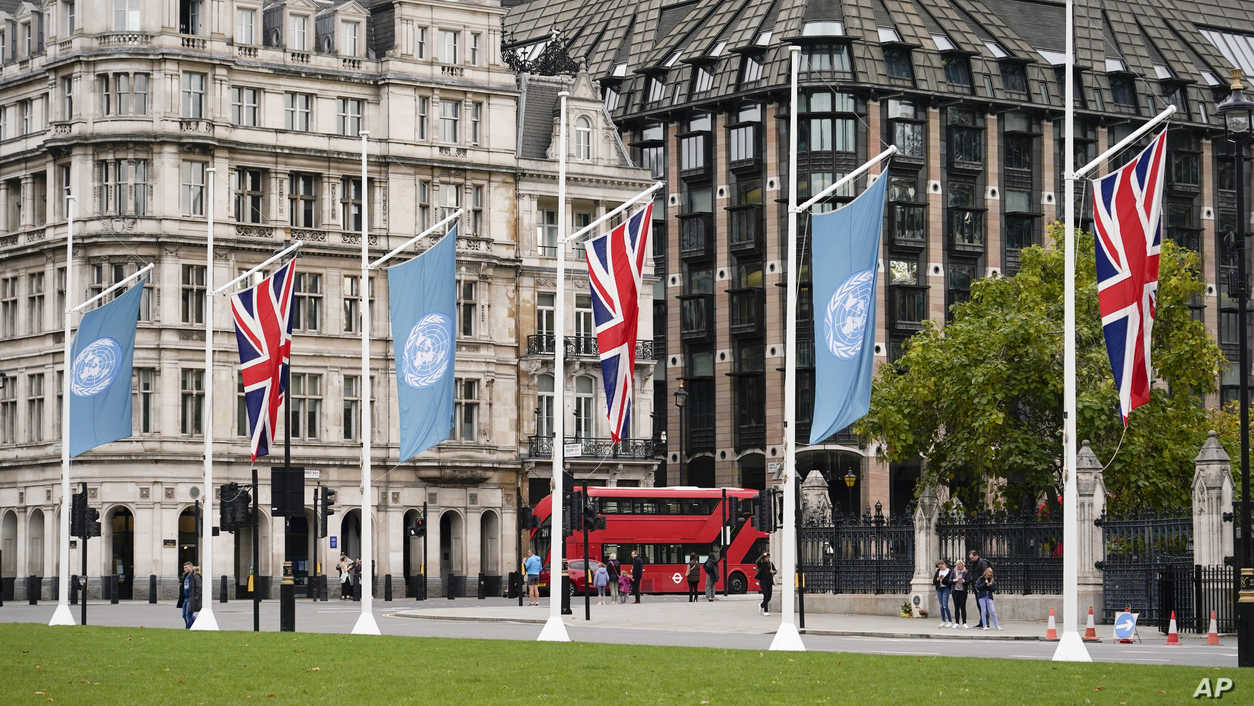Richer countries to offer more money to developing countries at Cop 26

Shafaq News/ Poorer countries will be provided billions of dollars more in funding to break the impasse between developed and developing countries at the UN Cop 26 climate summit.
As Cop 26 host, the UK government will unveil the proposals on Monday along with ministers from Germany and Canada. They have been charged with drawing up a plan for climate finance, needed to gain the backing of scores of developing countries for any deal at the talks, which open in Glasgow next Sunday.
However, the Cop 26 climate finance plan is likely to be overshadowed by a row within the UK government over overseas aid, as the chancellor of the exchequer, Rishi Sunak, prepares fresh cuts to the UK’s aid budget in the comprehensive spending review on Wednesday against the wishes of Cop 26 supporters in the cabinet.
Since 2009, rich countries have been promised that by 2020 they would receive at least $100 bn a year from public and private sector sources in poor countries to help them reduce greenhouse gases and cope with the impacts of extreme weather.
But that promise has not been fulfilled, and a report from the OECD last month found that in 2019, the latest year for which data is available, only about $80 bn was provided.
Alok Sharma, the UK cabinet minister who will act as Cop 26 president, said: Developed countries must deliver on the $100 bn a year promised to developing nations. This is a fragile figure, a matter of trust, and trust is a hard-earned commodity in climate negotiations. Extra funding has been announced by the US, Germany, Canada, Japan, and other countries, but more is needed.
The plan unveiled on Monday will propose meeting the $100 bn by taking an average of the finance provided from 2020 to 2025, instead of single years. More of the money is expected to be devoted to adaptation, which helps the middle-income countries more, rather than cutting emissions, which tends to flow to poor countries.
The UK charged Germany and Canada with formulating the climate finance plan to draw from as wide a range of donors as possible. It was also convenient to deflect attention from the UK s actions in deflecting overseas development aid from 0.7% of GDP to 0.5%, a cut of at least four bn a year.
Although the UK s funding for climate finance of 11.6 bn over five years is ringfenced, the cuts were announced last year. They confirmed that July gives a poor impression to allies among developing countries and other donor countries.
Significant figures in the climate talks have described the ODA cuts as inexplicable and disastrous Tom Burke, the co-founder of the green think tank E 3 G, called the decision unnecessary and stupid. While the UK hopes some of that criticism will be defused by Monday s climate finance plan, a new crisis looms.
The Guardian revealed earlier this month that Sunak was planning to use new funding created by the International Monetary Fund to replace some of the overseas aid budgets, effectively depriving developing nations of new expected funds. The funding, called special drawing rights SDRs was provided to all countries by the IMF to help them cope with the impacts of Covid - 19.
Other rich countries are expected to offer their SDRs to poor nations, enabling them to gain access cheaply to foreign currency, necessary pay-down loans, and avoid a debt crisis.
To use the SDRs instead to replace existing aid would reduce the UK said spending by several billion over this parliament, experts estimate.
Leading climate experts have said this further cutting of overseas aid would be highly damaging at Cop 26.
The COP26 summit will bring parties together to accelerate action towards the goals of the Paris Agreement and the UN Framework Convention on Climate Change.